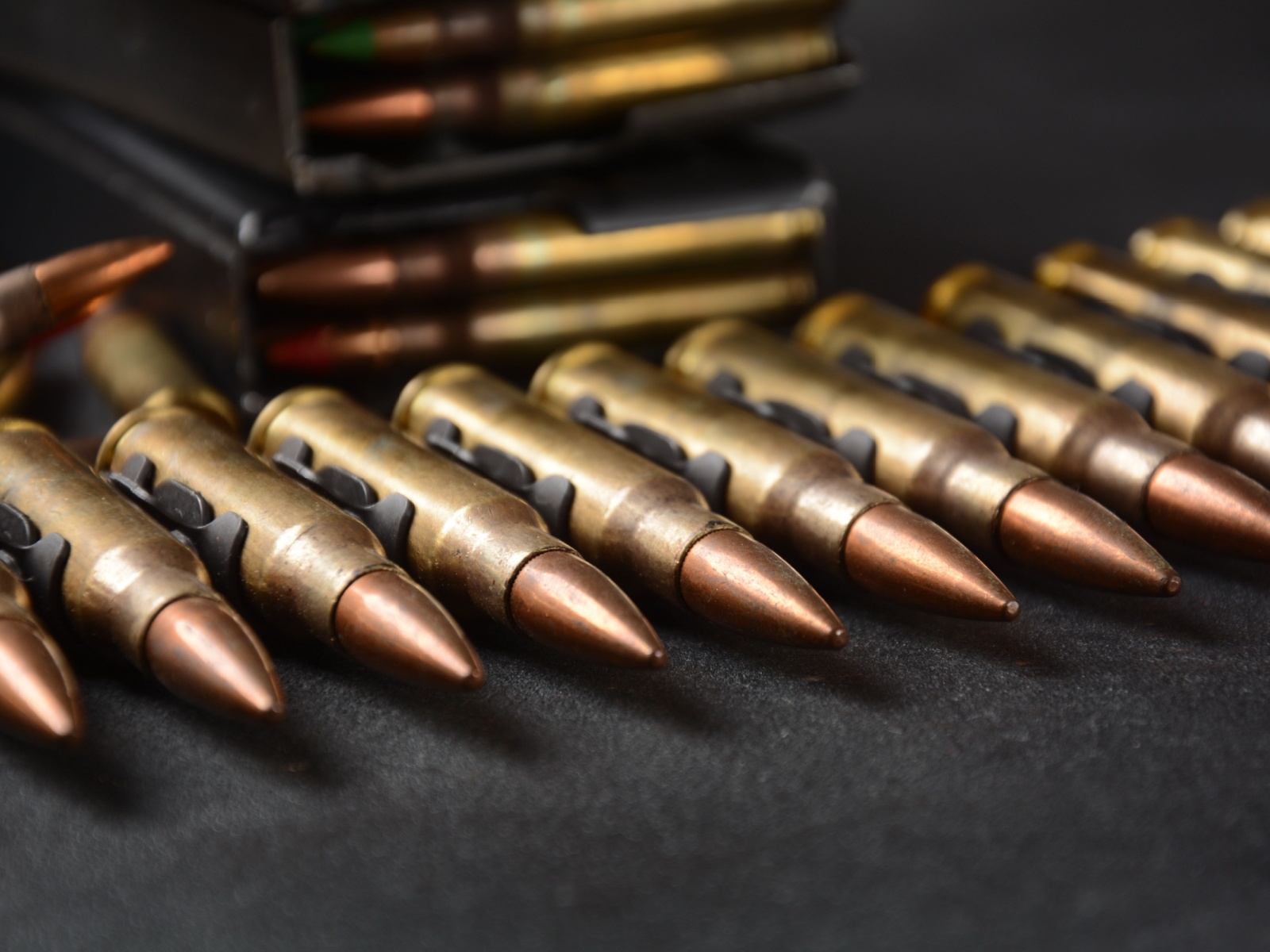EN 13544 Primer Function and Reliability Test
The EN 13544 Primer Function and Reliability Test is a critical component in the quality assurance process for primers used in military applications. This test ensures that the primer performs reliably under various environmental conditions, thereby enhancing safety and effectiveness of ammunition systems. The primer is a key component responsible for initiating the firing mechanism within artillery shells, rockets, or other munitions. A failed primer can lead to catastrophic failures during live fire exercises or combat scenarios.
The standard specifies stringent testing procedures aimed at evaluating the reliability of primers under controlled conditions that mimic real-world storage and operational environments. These conditions include variations in temperature, humidity, and pressure which are common in military operations across different climates. The test involves subjecting the primer to repeated firing cycles until failure or a predetermined number of cycles is reached.
The apparatus used for this testing includes specialized equipment capable of simulating the stress placed on primers during actual use. This includes high-pressure chambers that replicate the conditions found in munitions storage facilities and firing ranges, as well as automated systems for precise control over the rate and manner of testing.
Acceptance criteria for the EN 13544 test are defined to ensure that only reliable primers pass inspection. These include performance indicators such as ignition probability, repeatability, and durability under specified conditions. Compliance with these criteria is essential for manufacturers aiming to meet the rigorous standards set by military organizations worldwide.
The primer function and reliability test plays a pivotal role in ensuring that military equipment meets both operational requirements and safety expectations. By adhering to this standard, defense contractors can demonstrate their commitment to producing high-quality ammunition components that perform consistently across diverse environments. This not only enhances the performance of deployed forces but also contributes significantly to overall force readiness.
The test process typically involves several stages:
- Sample preparation: Ensuring primers are in optimal condition for testing.
- Initial inspection: Visual examination and dimensional checks.
- Firing tests: Subjecting primers to repeated firing cycles under controlled conditions.
- Data collection: Recording all relevant parameters during each test run.
- Analysis: Evaluating collected data against predefined acceptance criteria.
Through comprehensive analysis of the test results, manufacturers can identify any potential issues early in the production cycle. This allows for necessary adjustments to manufacturing processes or material choices before widespread distribution, thus minimizing risks associated with substandard products entering service.
In conclusion, the EN 13544 Primer Function and Reliability Test is an indispensable tool in ensuring that primers used in military applications are reliable and safe. Its importance cannot be overstated given its direct impact on operational effectiveness and personnel safety.
Customer Impact and Satisfaction
- Enhanced Safety: By ensuring that primers are reliable, the test significantly reduces the risk of accidents during training or combat situations.
- Better Performance: Reliable primers ensure consistent performance across different types of ammunition and environmental conditions.
- Operational Readiness: Meeting stringent testing requirements boosts confidence in military equipment readiness for deployment.
Clients appreciate the peace of mind knowing that their suppliers adhere to such high standards. Positive feedback from satisfied customers underscores the importance placed on reliability in the design and production of primers.
International Acceptance and Recognition
- The EN 13544 standard is widely recognized by NATO countries and other military organizations around the world.
- Military contractors must comply with this standard to qualify for contracts with major defense forces.
- Compliance indicates adherence to international best practices, enhancing global interoperability among armed services.
The widespread acceptance of EN 13544 reflects its significance in maintaining high standards across diverse operational environments. Adherence to these standards is crucial not only for national militaries but also for multinational operations where consistent performance and reliability are paramount.
Use Cases and Application Examples
| Use Case | Description | Outcome |
|---|---|---|
| Munitions Manufacturing | Primers are tested for their ability to ignite reliably under various conditions. | Ensures consistent ignition rates, enhancing overall ammunition reliability. |
| Field Trials | Primers undergo real-world stress testing during field trials. | Evaluates performance in actual operational scenarios, providing valuable insights into potential improvements needed. |
| New Product Development | Primer design changes are evaluated for compliance with the standard. | Promotes innovation while ensuring that new products meet stringent reliability requirements. |
These examples illustrate how the EN 13544 Primer Function and Reliability Test is integral to various aspects of ammunition manufacturing and development. From initial product design to final field deployment, this test ensures that military primers perform reliably under diverse conditions.





